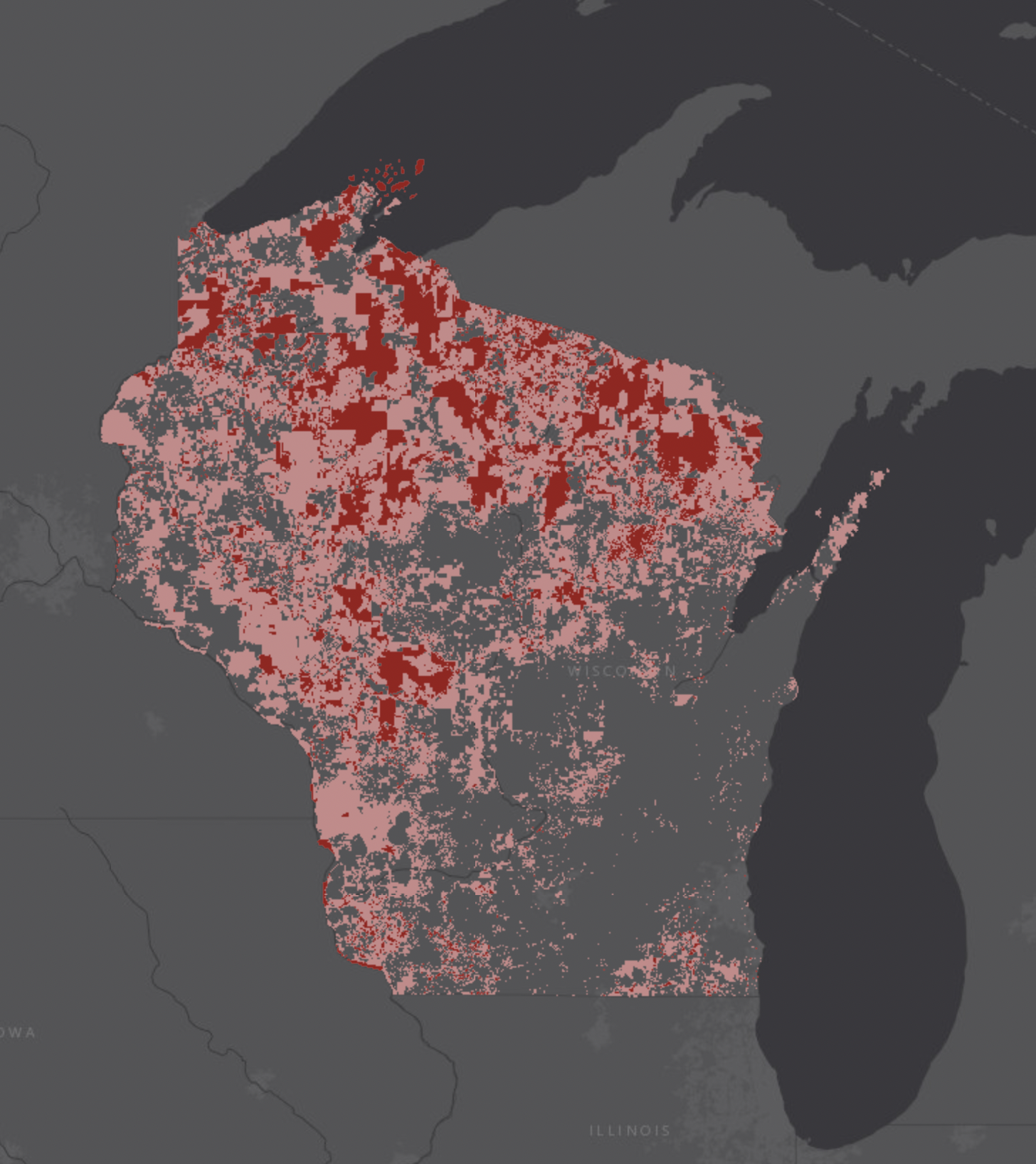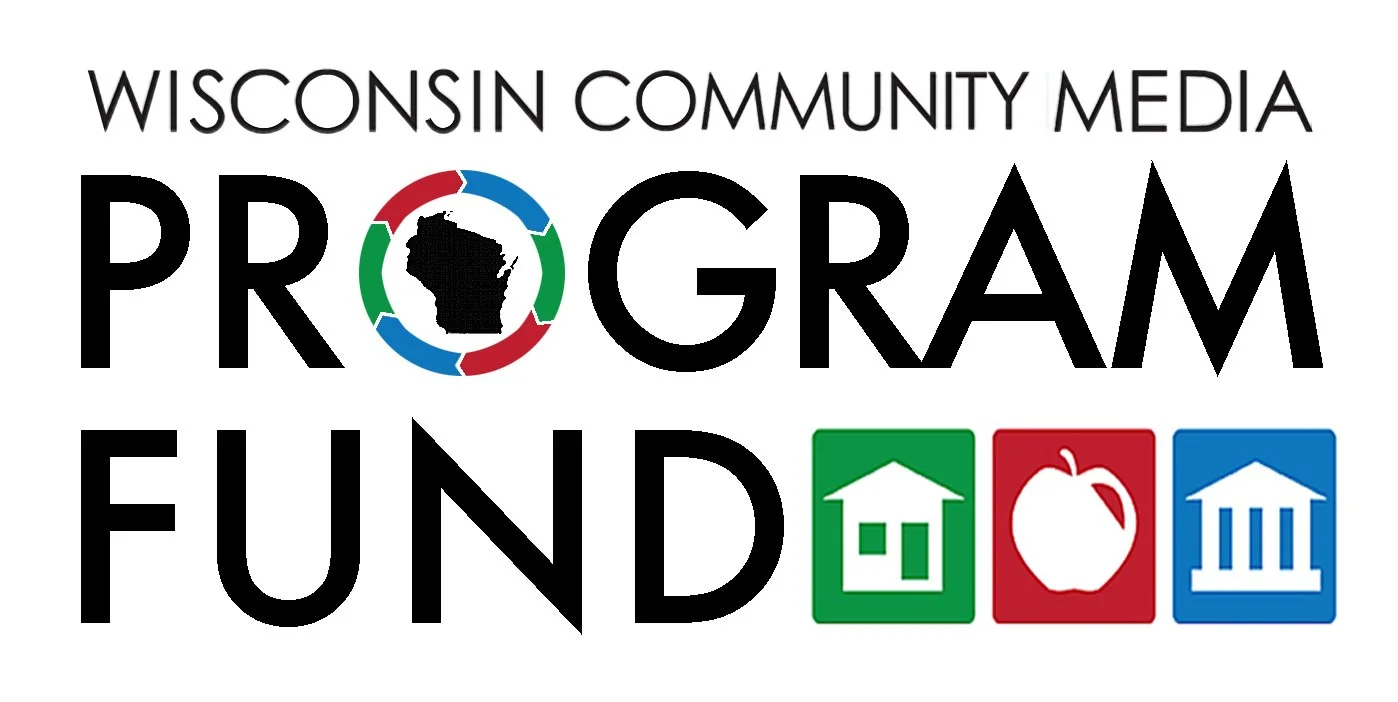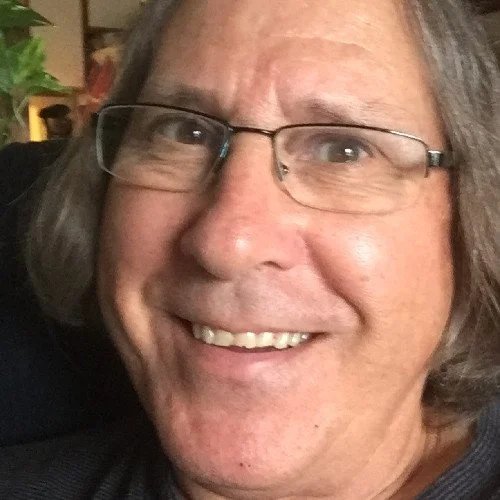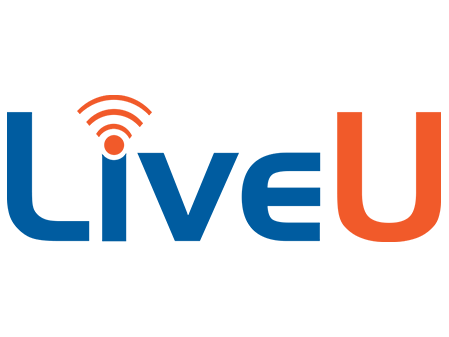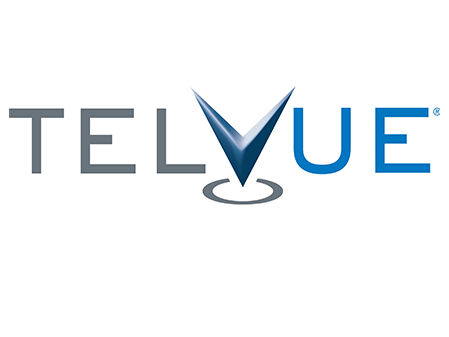Municipalities may be hearing from telephone companies, cable companies and streaming broadband companies all wanting to offer broadband service to their communities with the help of a State of Wisconsin broadband grant and perhaps a public/private partnership.
Companies score higher on a Public Service Commission of Wisconsin application if they partner with a public entity.
The State of Wisconsin has been allocating funds for broadband expansion since 2014, but for the 2021-2023 state budget biennium, it is awarding more money than has been allocated in all the previous years put together -- $100 million. The deadline to apply is coming up on Thursday, March 17. Another $29 million is being held in reserve for fiscal year 2023.
The PSC will make the final determination on who gets funding in this highly competitive process. Applicants must show that a broadband infrastructure project would be serving either “unserved” or “underserved” areas of the state, which are shown on a map on the PSC website. Applicants can still apply if the area they want to serve is not on the map, but they must provide an explanation about why an area should be considered unserved or underserved.
Applicants can be non-profit or for-profit organizations, co-ops, or telecommunications companies. Municipalities or counties are also eligible if they have entered into a partnership or joint venture arrangement with a qualified organization or telecommunications company.
The PSC evaluates the applications on a number of criteria and gives points, which boost the score of an application, for meeting certain criteria. For example, points are given to an applicant if it plans to serve an unserved area, if it is part of a public/private partnership and if it offers matching funds. Applicants are also rated more highly if they can, for example, show that the broadband project will have a positive economic impact, if they provide a higher level of performance, or if they plan to serve a large geographic area or a large number of customers. (For all of the criteria considered, see this PSC PowerPoint.)
The Federal Communication Commission defines adequate broadband service as two-way data transmission with a minimum speed of at least 25 Mbps for download and 3 Mbps for upload. An “underserved” area is one that is served by only one broadband Internet Service Provider (ISP) that offers a speed of 25 Mbps for download and 3 Mbps for upload. An area is considered “unserved” if there is no fixed wireless or wired service that has an actual speed of at least 5 Mbps for download and 600 Kbps for upload. Satellite ISPs are not counted.
Pink areas are “underserved.” Red areas are “unserved.” Click the map to go to an interactive version on the PSC website.


